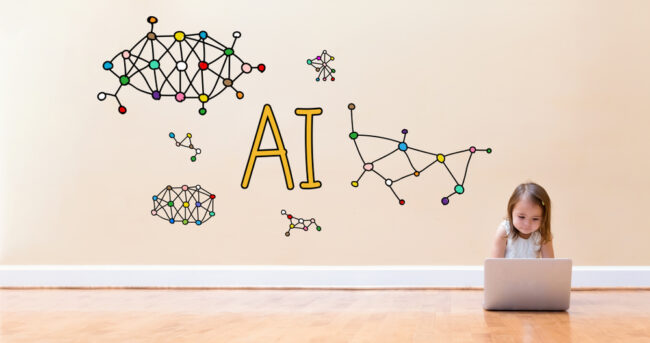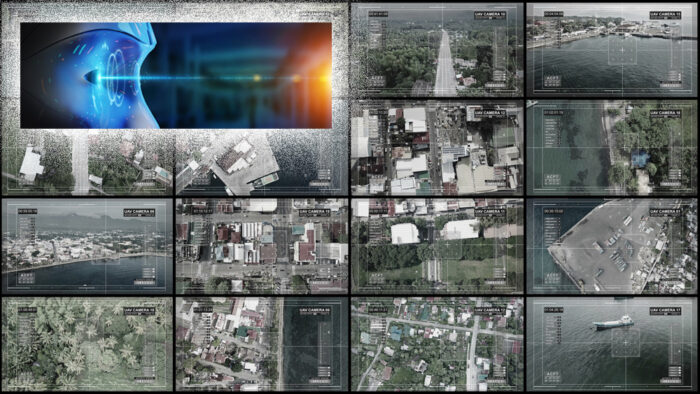Also as part of our special dossier on research into the brain and learning processes, a major question is raised in this article: are recent advances in artificial intelligence (AI), and particularly the rise of neural networks, liable to put in doubt the supremacy of the human brain? What differences in nature, what conflicts or complementarities are there between these two forms of intelligence?
After reminding us of the birth of the neural networks field, the advances made with such networks and their recent successes, Jean-Claude Heudin lays out their limitations. He goes on to explain the specificity of neural networks and AI, which, he writes, “are not complex systems, but ordered systems” that may have superior capacities to humans with respect to certain tasks. By contrast, human intelligence is “many-faceted, emotional and empathic”; for that reason, it has superior abilities to AI when it comes to performing many other tasks and functioning in a complex environment. Lastly, taking pains to demonstrate the different forms of intelligence, Heudin concludes that AI and human intelligence are complementary.



